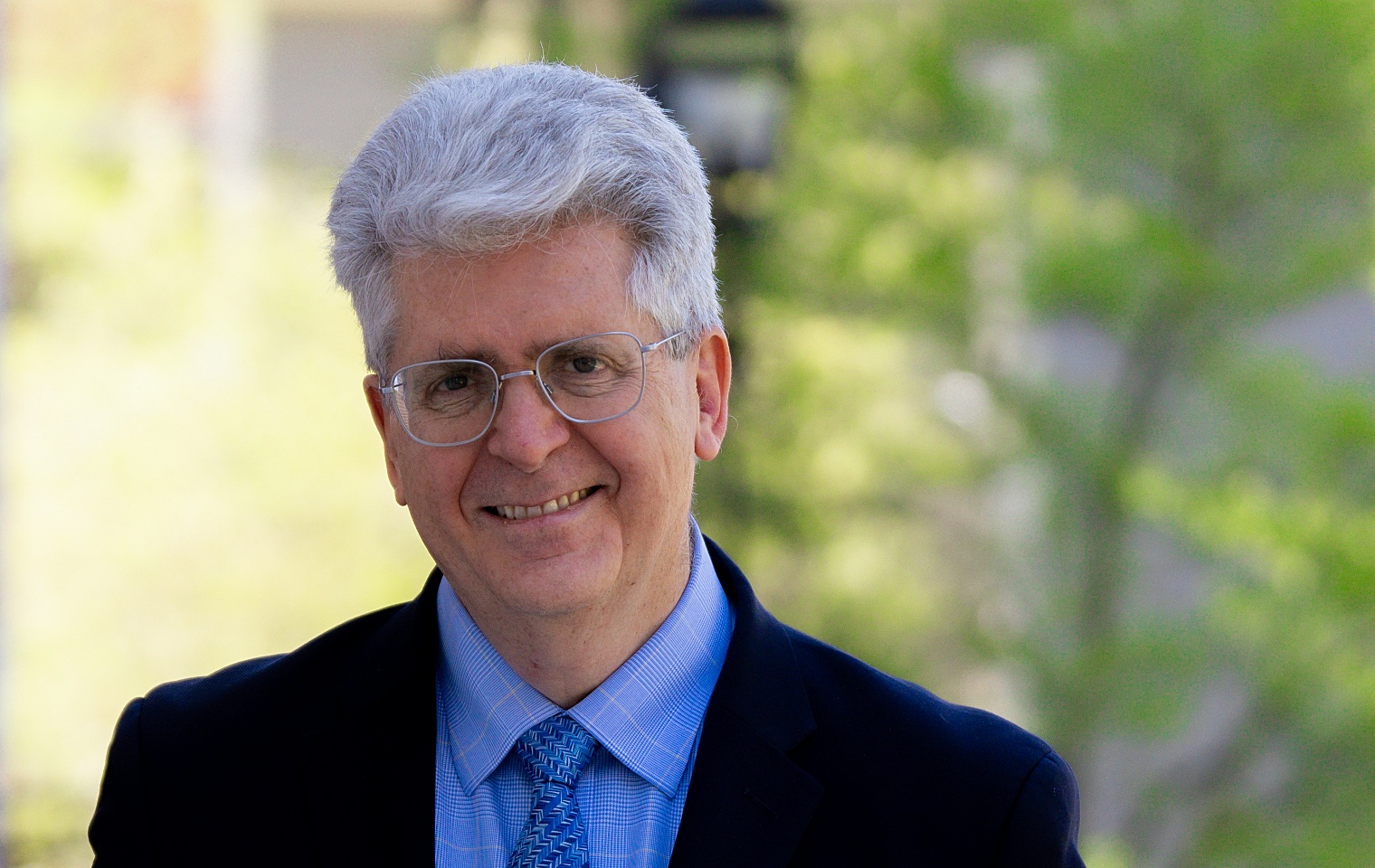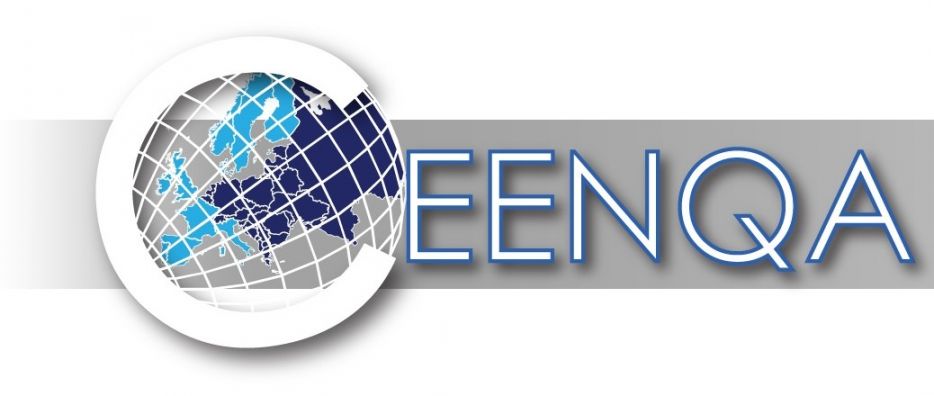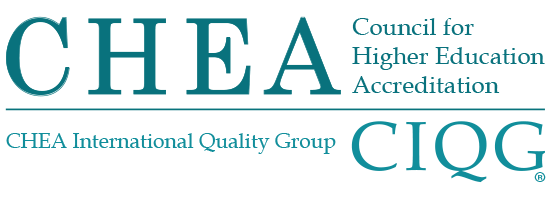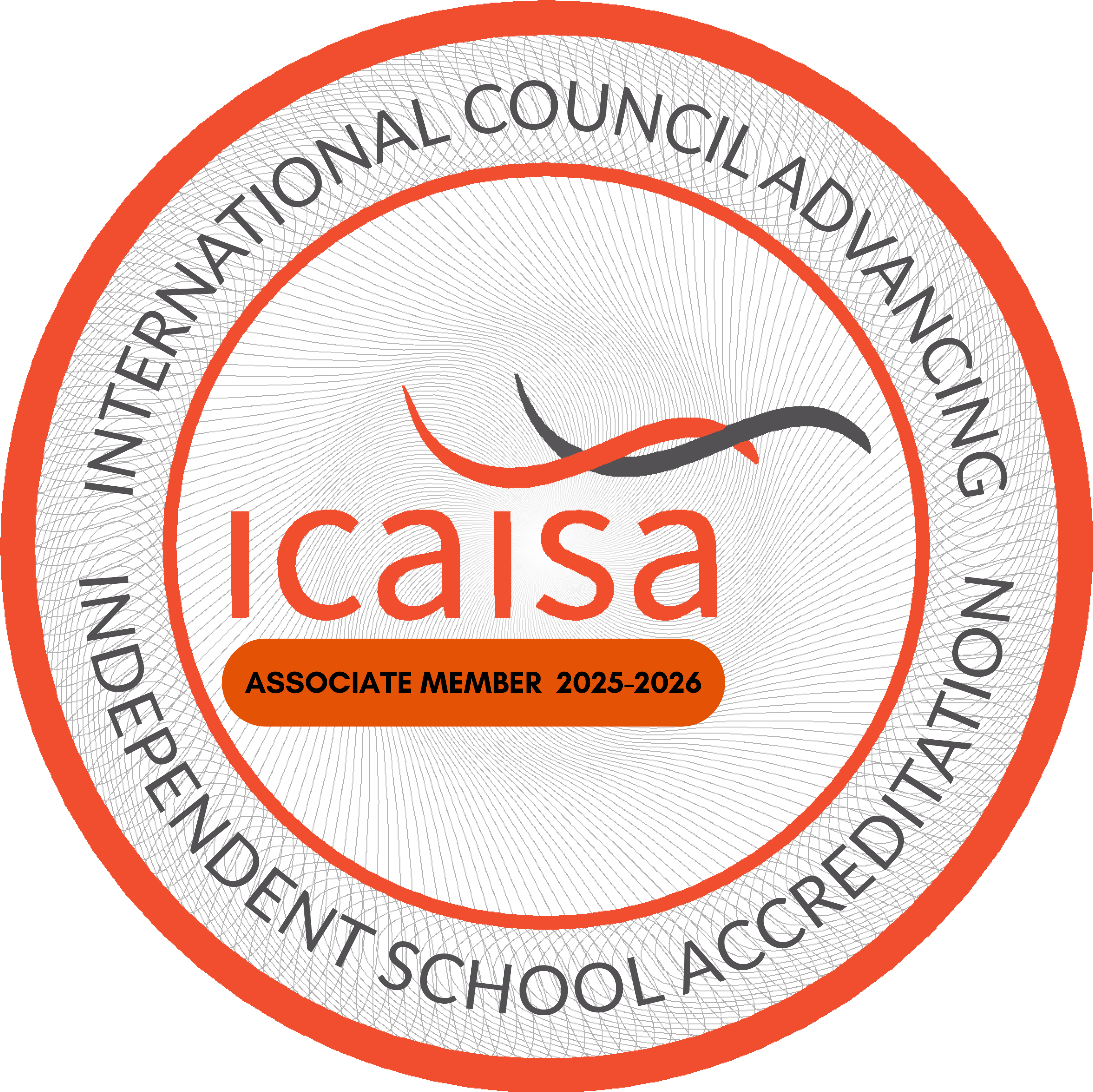
Professor Fernando M Reimers, Harvard Graduate School of Education.
The recent attempt by the United States Secretary of Homeland Security to revoke Harvard University’s authorisation to enrol international students and scholars fills me with deep dismay and concern, both as a member of this university and as a global citizen.
This act, clearly part of a broader campaign by the Trump administration to undermine American higher education’s independence and scope, goes beyond an attack on Harvard.
It is, at its heart, an assault on the cosmopolitan values that are core not just to this institution but to the entirety of higher education – values that have allowed universities to become engines of progress over the last century.
It is important to lay bare what is truly at stake.
The advancement of knowledge and the betterment of the human condition are based on the free exchange of ideas and the cross-pollination of minds.
Science is a cosmopolitan endeavour; the greatest challenges we face – pandemics, climate change, poverty, and the threats to democracy – do not respect national boundaries, nor can their solutions emerge in isolation or through parochial thinking.
Every major intellectual breakthrough has been born from international collaboration, from minds freely reading, responding to, and building upon each other’s work. The vibrancy of American research, teaching, and innovation relies on this intricate network of global ideas and relationships.
At Harvard, international students and scholars are not an incidental aspect of our campus; they are central to our mission.
A long tradition
Our identity as a global university was shaped by Charles William Eliot, Harvard’s transformative 21st president, who looked abroad for wisdom, travelling to France and Germany to study the role of higher education in economic development, and returned imbued with the conviction that relevance in education could only be achieved through international engagement.
Upon return from this trip, he published an article on the role that universities should play to promote economic development, which caught the attention of the Harvard Corporation. He was subsequently appointed president of the university.
Under his leadership, Harvard ceased to be a provincial college and emerged as a beacon of cosmopolitan learning – one that would draw faculty and students from all continents and considerably expand graduate research programmes and professional education in order to become more relevant to the needs of society.
This tradition continues today.
The global makeup of Harvard’s campus provides an unparalleled intellectual environment: students and faculty exchange ideas, challenge worldviews, and broaden both scholarly and ethical horizons. The lifelong bonds formed here lay the foundation for future professional collaborations and breakthroughs.
To cut off this flow – to imagine a Harvard or an American university whose campus is limited to those carrying only one nation’s passport – is to relegate ourselves to irrelevance not only in the classroom but in the world’s bigger conversation about how to improve the human condition.
Autonomy, a prerequisite for democracy
Let us be clear: the move to bar international student and scholar participation is not rooted in the law, nor in any defensible rationale of national interest.
It is an act of reprisal driven by a desire to punish institutions that refuse to bend to political overreach – universities that challenge autocratic attempts to control who belongs in our classrooms, what is taught, and who may teach.
For Harvard and our peers, acquiescence would mean the loss of autonomy essential for free inquiry – a prerequisite for democracy itself.
The consequences of such policies ripple well beyond our gates. International students and scholars are vital not only to Harvard’s teaching and research but to the very fabric of American higher education.
In the sciences, mathematics, and engineering, they comprise about half of all graduate students and postdoctoral researchers; foreign-born inventors account for over half the patents awarded at leading United States universities.
American innovation – including Nobel-class and entrepreneurial contributions – brings together the world’s brightest minds. This is not accidental; it is the direct result of a system open to the world’s talent, perspectives, and ambitions.
Moreover, our global students and alumni magnify Harvard’s purpose far beyond our campus. Many return home to lead, teach, and serve, taking with them values rooted in inquiry, dialogue, and shared humanity.
They strengthen global networks that aspire to justice, evidence-based policymaking, and peaceful cooperation. To shut down these exchanges is to diminish both America and the planet’s capacity to meet its gravest challenges.
This latest episode also reveals a sobering vulnerability. Even storied institutions like Harvard, which have weathered centuries, are not immune to political whim or ideological pressure.
Autonomy and openness – pillars of American academic excellence – can be quickly undermined if we do not collectively defend them.
The future of a free, democratic society depends on universities’ ability to remain independent, to select their faculty, shape their curricula, and open their doors to all who can contribute, regardless of nation of origin.
Do such policies have a chilling effect on academic freedom and institutional courage?
Paradoxically, though intended to instil fear and limit voice, these attacks have instead sparked widespread resistance and mobilised allies across academia and society.
The academic community, students, and civil society have begun to challenge these intrusions, seeking legal recourse and raising awareness of what is at stake.
How must universities respond?
Looking forward, how must universities respond?
First, we must reiterate and defend the principle that our autonomy is fundamental – not as a privilege, but as the cornerstone of democracy and social progress.
Second, we must educate and mobilise the public, lawmakers, and courts to resist political attempts to curtail global academic collaboration and to protect institutional independence.
Legal challenges, principled advocacy, and transparent dialogue with policymakers are all necessary. Universities must never barter their global mission and integrity for short-term compliance.
Finally, we must recognise that global engagement is not an ancillary value or an administrative preference – it is the engine of innovation and understanding. Harvard, and American higher education more generally, must continue to draw students and scholars from every country.
This diversity keeps our ideas vibrant, our research relevant, and our societies prepared for a common purpose.
In closing, I urge everyone – citizens, legislators, journalists – not only to resist the effort to estrange the world’s students and scholars from our universities but to reaffirm the foundational truth: education’s highest purpose is realised only through openness and collaboration.
To retreat now into isolation is to undo decades of steady, transformative progress. Harvard survived its provincial era once; to revert would be a tragedy not only for this institution or country but for humanity as a whole.
Let us take this moment of risk to renew our commitment to the internationalisation of higher education – not just for Harvard’s sake, but for the world we all share and the future we all shape together.
Fernando M Reimers is the Ford Foundation Professor of the Practice of International Education at the Harvard Graduate School of Education, where he leads the Global Education Innovation Initiative and chairs the Global, International and Comparative Education Concentration in the masters programme. He serves on Harvard’s University Committee of International Projects and Sites and on the executive committees of the Centers for African Studies and for Latin American Studies and is a faculty associate in the Center for International Development and the Weatherhead Center for International Affairs. He is also a member of the Fulbright Scholar Advisory Board and an elected member of the National Academy of Education, the International Academy of Education and the Council on Foreign Relations.
Источник: University World News (The Global Window on Higher Education)






 Министерство образования и науки Кыргызской Республики
Министерство образования и науки Кыргызской Республики





